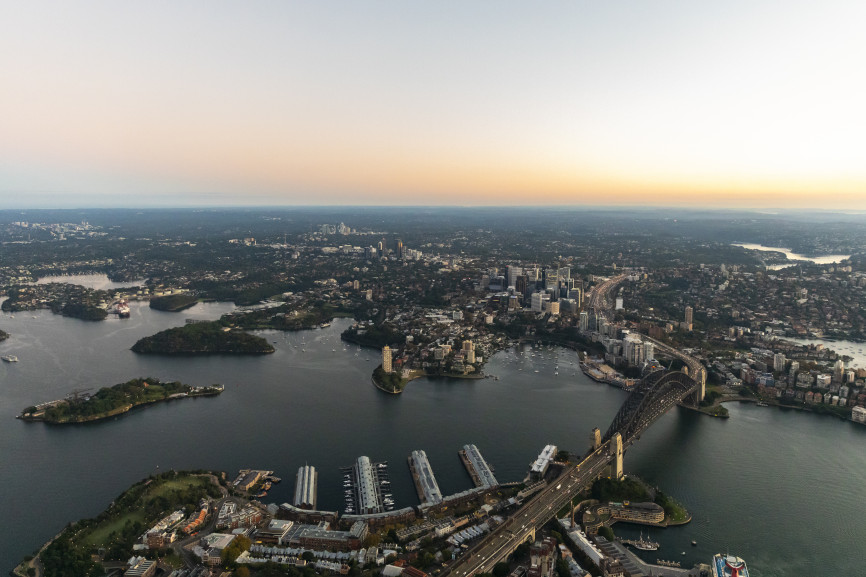Research from Australian-based Grounded Community Land Trust Advocacy reveals that Airbnb is compounding housing shortages and pushing rental prices beyond the reach of many residents in global cities.

“Airbnb investor returns far exceed traditional property investors – by a shocking 118 per cent. This was measured across global cities Berlin, Barcelona, Vancouver, London, LA, Paris and Sydney,” stated Karl Fitzgerald, Managing Director of Grounded Community Land Trust Advocacy.
“As returns rise for Airbnb investors, local residents struggle to find stable and affordable housing, impacting the social fabric of communities and perpetuating inequality.”
In red hot zones like Berlin and Barcelona, the earnings potential was significantly higher. Gross short term rental (STR) earnings were respectively 201 per cent and 171 per cent higher than long term rentals (LTR).
“The impact of such returns on housing supply shows up in the growth of active listings running at 5.6 per cent per annum. This was guided by a modest 3 per cent income growth across 337,500 STRs. No wonder workers have to pay a small fortune in rent whilst commuting hours to work,” stated Mr Fitzgerald.
The impact in Australia was studied in more detail in the Airbnb: from a housing problem to solution report. It found that STR earnings were 81 per cent higher than traditional landlords. This led to the equivalent of 74 per cent of new housing supply heading towards short term rentals.
“Who would have thought a new investor cohort would make a traditional landlord look like an angel?”
To combat this crisis and promote affordable housing, Grounded proposes a transformative approach: using a cap n trade system to curb STR growth whilst channeling Airbnb profits towards Community Land Trusts (CLTs).
The cap n trade system works by capping the number of Airbnb’s and creating a license. Over time, the number of licenses reduces, putting pressure on the 48 per cent of listed Airbnb’s that were not rented out. This pushes supply back onto the traditional housing market, allowing the community room to breathe.
“The revenue raised is significant,” claimed Mr Fitzgerald. “Paris could share in $140m in its first year alone, still leaving a net $920 million for Airbnb owners to enjoy. The alternative is for more cities to cancel Airbnb as NY and Barcelona have.
“CLT’s are recommended as they are perpetually affordable housing vehicles that lock in affordability over time, prioritising the housing of locals. Their growing presence offers a sanctuary of affordability in a sea of speculative housing pressures.”
“The data underscores the urgent need for urgent capping and the funding of alternatives like CLT’s to provide resilience to such change.”
In Berlin, Airbnb owners saw a 15 per cent increase in earnings, leading to a 17 per cent growth in active listings. Similarly, Barcelona experienced a 15% income growth, contributing to a 10 per cent rise in active listings over the past three years. In London, where STR incomes were less than LTR, listings still surged 22 per cent over the same timeframe.
“Airbnb is enforcing rapid change that squeezes communities sideways as short term profits reign supreme. CLTs can add resilience to that local community, ensuring its long term survival,” concluded Mr Fitzgerald.
Sources: AirDNA, Global Property Price Index, Zumper.









